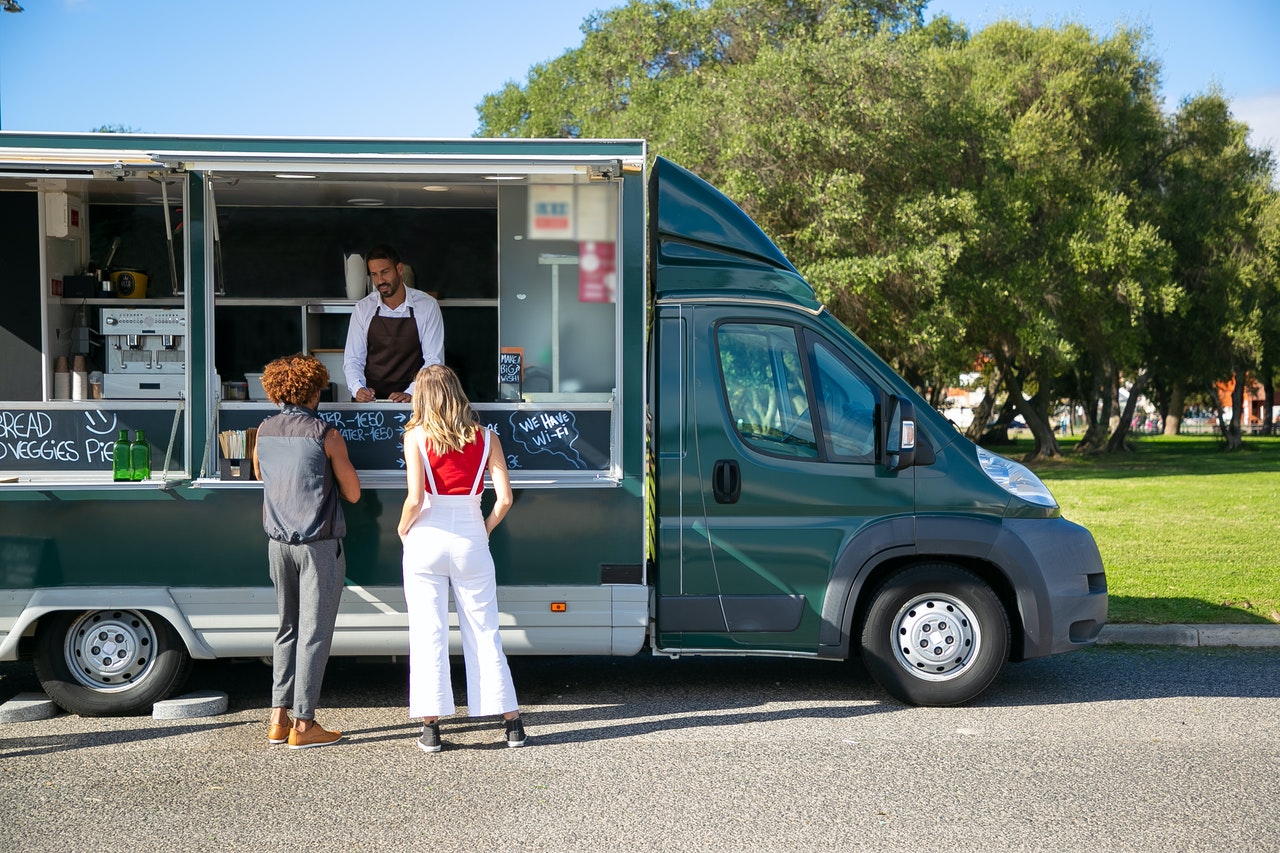Food manufacturing is a big industry, and if you have one or multiple good products in this space, you could turn a small operation into a multi-million-dollar business pretty fast. However, you need to know that it is a very competitive business as well and that many things can go wrong.
You could have a product you think is great but isn’t received well by the public, for instance. Or you may struggle with branding and marketing or not be able to make good enough margins to stay afloat.
This is why you can’t be too optimistic when starting this kind of business, and you need to be prepared for the challenges that come with it. Let’s look at how you could start a small food production business.
1. Study the Market
The very first thing you’ll have to do is study your market and identify the needs there. If you already have a specific product in mind, you have to make sure that there is an actual demand for it. You also have to check how many products you’ll be competing against.
If you are thinking of getting your product on supermarket shelves, then the easy way to start your research would be to go to the closest supermarket and look at comparable products. Look at how many there are and what companies are making them.
Start studying the packaging, sizes, varieties, and most importantly, the prices. This will allow you to determine approximately what kind of margins you could make and whether you can realistically compete.
Another thing you should do is look at how you could improve these products. For this, take the top products in terms of visibility and see what people have to say about them online. You can search the products on major retailer sites like Amazon and Walmart and look at reviews. This will allow you to see what people like and don’t like about the product, and you can craft yours accordingly.
2. Start Learning the Basics of Food Production
 You will also need to start looking at the basics of food production. You need to start learning about different regulations and the type of equipment you’ll need to buy.
You will also need to start looking at the basics of food production. You need to start learning about different regulations and the type of equipment you’ll need to buy.
For instance, you’ll need to get very familiar with food marking regulations and start doing your homework on coding equipment. If you want to learn more about coding equipment for the food business, click here. This will be a very important part of your business as this is what will allow you to monitor your inventory, stay compliant, and limit waste.
You will also need to think about your setup. Most small food production businesses start from a rented space. You can either get equipment yourself or have all the equipment included as part of your lease. Do your research on how much each option would cost right now so you know what type of initial investment you’ll need to make.
You will need to learn about things like supply chain management and shipping as well. Learn how you’ll need to arrange logistics with suppliers. Understand the importance of having a diversified supply chain.
Start learning different supply chain management tools and methodologies you can apply to your organization to tighten your processes before you even start.
3. Start Etching Your Brand
Now that you know the basics of your food production business, and you know whether you have a viable product or not, you can start building your brand. The brand shouldn’t be only about your story. It should be mainly about your core audience and be a representation of their aspirations.
People who buy Special K or Shredded Wheat cereals, for instance, have very different aspirations than people who buy Lucky Charms and this is why their branding is so different. They target many different groups in their marketing, use different color schemes, advertise through different channels and methods, etc.
This is why you will need to do your research on who your main target audience will be and what they look for in a product.
Know that branding goes way deeper than a color scheme and a logo, however. Even things like your packaging choice or how you run your operation will be part of your brand. If you want to present yourself as an artisan brand, then you have to make sure that your processes reflect that as well. It would also be wise to look at trends in your market.
If you are thinking of selling vegan products, for instance, then it would also be wise to make your product’s packaging and production process as sustainable as possible as vegan people tend to favor sustainable products.
It would also be a good idea to study other comparable brands in your space and inspire yourself from them. Sign up to all their social media and look at their website. Sign up for their newsletters and see how they interact with their subscribers.
Look at their marketing material and techniques as well. These are all things that will help you develop your brand better.
4. Start Your Business Plan
 Next, you will need to draft a solid business plan. It should include things such as quick market analysis, your branding strategy, and what your goals for the business are for the short term and the long term.
Next, you will need to draft a solid business plan. It should include things such as quick market analysis, your branding strategy, and what your goals for the business are for the short term and the long term.
You should also talk about your marketing strategy and what your product development process will be like.
You might want to start thinking about how you are going to diversify your product selection, for instance. It is hard to stay competitive with only one product, so you might want to look at what other comparable brands have done to add new products to their lineups.
Other than that, you’ll have to write out what kind of initial investment you will need and what your strategy will be for expansion.
5. Incorporate Your Food Production Business
The best business structure for a food production business is usually a corporation, so this is what we would suggest you set up your business as. You could always start with an LLC, but you may run into trouble later on.
Doing business internationally is easier when you’re a corporation, and there is a strong chance that you’ll want to bring in investors at some point. This is much easier to do with a corporation than an LLC. Going public could also be a possibility and it would be easy if you start as a corporation.
If you want to keep things small, however, then going with an LLC might be enough. Just be aware of the limitations of this business structure and be clear about your plans for the future.
6. Look for Financing
Unless you have all the money saved up for your food production business, which we highly doubt, you will have to start looking for financing.
One of the first things you should do is look for the state, local, and federal grants and programs for your type of business. You also have non-profit organizations like the Community Reinvestment Fund that offers to finance specifically for food manufacturers. So, look at all your options, and consider private investors as well.
7. Find a Space and Suppliers
 You also need to start looking for a place to establish your business. If you want to start a small food production business, know that there are many ways that you can go about this. You can do everything yourself, or you could let a third-party handle most of the job.
You also need to start looking for a place to establish your business. If you want to start a small food production business, know that there are many ways that you can go about this. You can do everything yourself, or you could let a third-party handle most of the job.
Some people will only send the raw ingredients to a plant that will do everything else for them. This might be the best option for you as a new business, as you won’t have to spend money on equipment, and you won’t have to worry as much about regulations as the plant will deal with most of it.
The only problem is that it will cost you more per product, but you won’t need as much capital to get started. You’ll also be able to concentrate on things like sales, customer service, and marketing.
Next, you will need to find suppliers for your main ingredients. The best and easiest way to find great suppliers is to work with a sourcing agent.
A good sourcing agent will eliminate the headache of having to find suppliers yourself and possibly getting sub-par products. You can’t afford to start with a bad supplier, so look for a reputable agent that works in the agro-business and find a few suppliers you can rely on.
8. Build Your Online Presence and Start Marketing
You now need to start building an online presence for your product. You need to have a nice website that showcases your product and allows people to buy the product directly from you if possible. Make sure that you ship some of your products through Amazon as well and consider investing in advertising so that your products can appear next to other popular products in your niche.
You’ll also need to recruit a good sales team to take your product directly to stores in your area. You can hire a sales team in-house, but also know that you could hire a third-party team to work on your first contracts. You’ll then be able to fulfill subsequent orders yourself.
This is all you need to know if you want to start a small food production business from scratch. It is a tough business, but one where it is very possible to succeed if you have a great product. So, look at what it takes to be successful in that space and study it inside and out before you make the jump.

I am Adeyemi Adetilewa, an SEO Specialist helping online businesses grow through content creation and proven SEO strategies. Proficient in WordPress CMS, Technical Site Audits, Search Engine Optimization, Keyword Research, and Technical Writing (Portfolio).
I help brands share unique and impactful stories through the use of public relations, advertising, and online marketing. My work has been featured in the Huffington Post, Thrive Global, Addicted2Success, Hackernoon, The Good Men Project, and other publications.

![How to Start a Successful Small Food Production Business Today 1 Food Production Business: Start Small and Grow Big [2022]](https://ideasplusbusiness.com/wp-content/uploads/2021/12/pexels-elle-hughes-2696064.jpg)